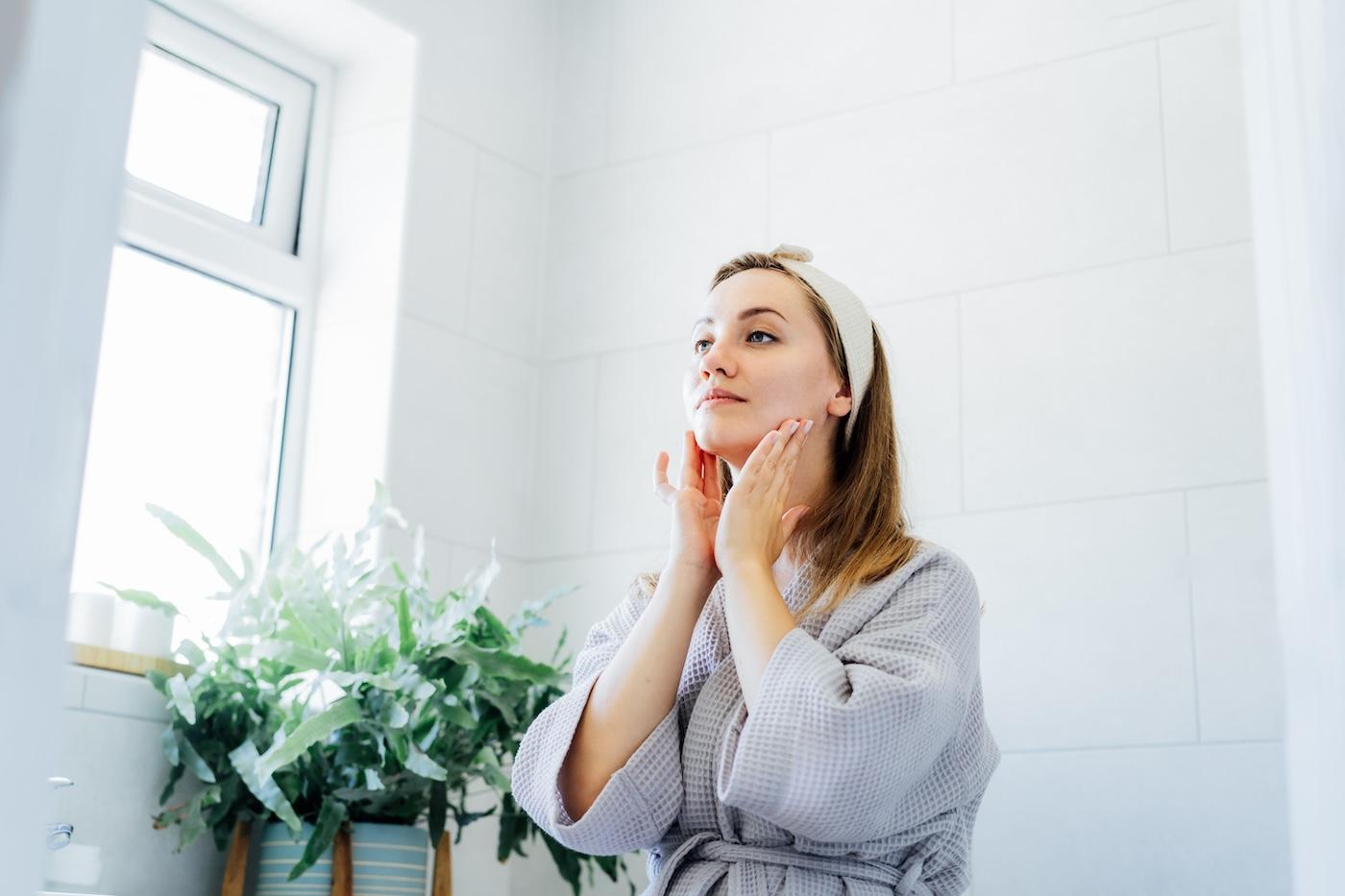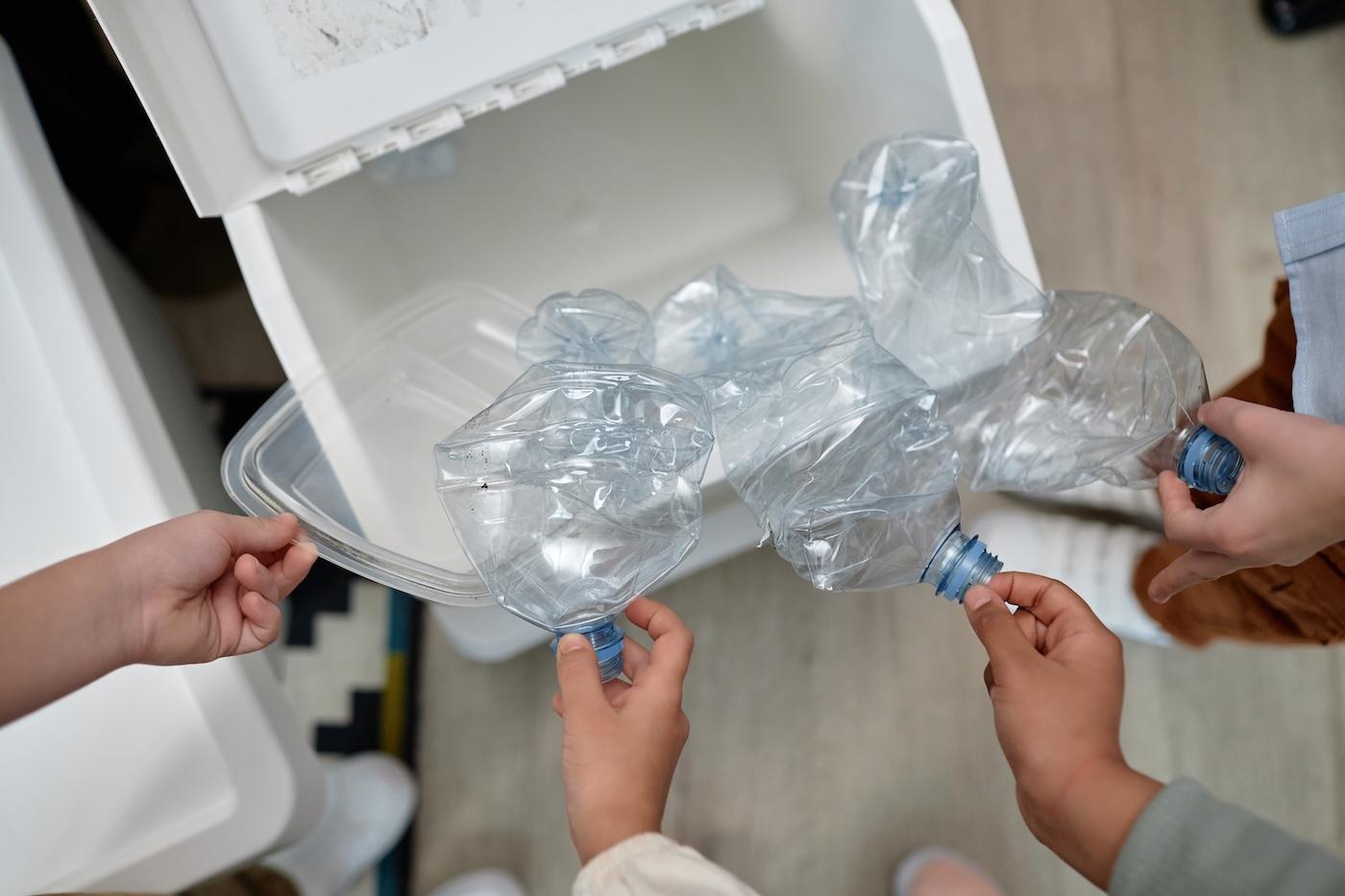PARENTS
You're Vaccinated, But Your Kids Aren't...So What's Safe?
Here are some thoughts on what’s fine for your fam…and what’s tempting fate.

Written by
Dr. Harvey Karp

After a year of living in an upside-down world—thanks to COVID—you've finally got the shot. As a result, you might be seeing a light at the end of this very long, dark tunnel. The problem? There’s no vax for kids under 16, which leaves you on one island…and your kiddos on another.
This vaccine gap has left lots of parents with confusion about what’s safe…and what’s not. Do you need to scrap your summer plans and skip the family vacay? Can you go to playdates and parties the way you did pre-pandemic? Here are some thoughts on what’s fine for your fam…and what’s tempting fate.
What does fully vaccinated mean?
Think you’re in the clear as soon as that needle comes out of your arm? Not so fast! You’re not fully immune until two weeks after the second dose of a two-dose vax or two weeks after receiving a single-dose version. Until two weeks after you’re fully vaccinated, it’s smart to stick with the same COVID-safe precautions you’ve been following for the past year.
When will there be a vaccine for kids under 16?
Yup! The Pfizer-BioNTech vaccine was previously approved for kids as young as 16 and just recently received authorization for emergency use by the FDA for kids 12 to 15. The current timeline for younger kids looks like this:
- Ages 2 to 11: late 2021
- Ages 6 months to 2 years: early 2022
Can we gather indoors if the adults are all vaccinated?
For many families, the prospect of missing another year of birthday parties, playdates, and family gatherings feels like too much. And though it’s so important to keep ourselves physically healthy, our emotional wellbeing is important too. So where can your family draw the line now that the adults in your family are vaccinated?
If all of the adults are two weeks after their last shot and your child has no underlying health problems, then you can gather safely indoors without masks with one other family. (This is especially great news for tots who have been missing their grandparents!)
If a child has an underlying health issue, the CDC recommends that parents continue to avoid any unnecessary exposure to others. The science is not entirely clear on whether or not vaccinated people can still develop asymptomatic infections and pass COVID to unvaccinated people. So, it’s best to just skip the risk if you have a medically fragile child.
If you visit with unvaccinated people, consider avoiding indoor visits altogether and gathering outside instead. Fortunately, we’re heading into the warm-weather months when that will be easier than ever!
If you visit with relatives who are not vaccinated but are also not high risk and do not engage in risky behaviors, the CDC says that it is safe to enjoy each other’s company without masks.
Can we gather unmasked outside with unvaccinated people?
The CDC recently updated its mask guidelines to help Americans know when it’s OK to go without a mask. (Here’s their guide.)
In a nutshell, if you’re not vaccinated, make sure your activity meets two out of the following: outdoors, at least six feet distanced and masked. Once fully immune, it’s still smart to wear a mask in public spaces with many individuals. I also recommend masks outside when you are going to be with kids; just to be a good example of doing something to be caring of others.
What about kids wearing masks? According to the CDC, children should keep them on if:
- 2 years or older
- in a public setting
- traveling on public transportation (plane, bus, train, etc.)
- around someone who they don’t live with—including indoor and outdoor gatherings
- they’re sick or around someone who is sick
Can we travel?
The CDC asks unvaccinated people not to travel if they can help it. For families who want to take a vacation, here are some ways to stay safe:
- Stick to road trips to avoid exposure
- Wear a mask in public
- Avoid crowds
- Frequently wash your hands or use hand sanitizer
- Eat outside
Can we eat inside restaurants?
Vaccinated adults can safely chow down inside. Unvaccinated people should not. If you are with children, the CDC advises that you eat outside and avoid crowds. The problem with dining indoors is that as soon as you eat or drink, you must remove your mask, which makes it riskier than other indoor activities.
What about playdates and parties?
According to the CDC, the safest way to have a playdate is to do it outside while maintaining safety measures such as social distancing and mask-wearing. Suppose all the adults are vaccinated, and the unvaccinated children don’t have underlying health issues that put them at risk…in that case, kids can likely play together safely, with masks, and while social distancing indoors.
While a vaccine for kids is likely on the horizon, until we reach herd immunity, at least some risk is going to accompany most activities. For the most part, it’s up to parents to weigh those risks to figure out which ones are worth it. For the most up-to-date information about COVID safety guidelines for your family, visit the CDC.
Disclaimer: The information on our site is NOT medical advice for any specific person or condition. It is only meant as general information. If you have any medical questions and concerns about your child or yourself, please contact your health provider.
SHARE THIS ARTICLE
MOST LOVED
Sleepytime Sidekicks












